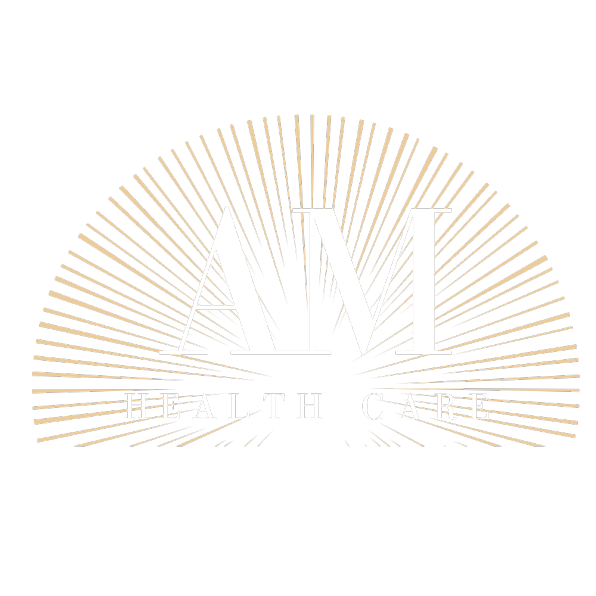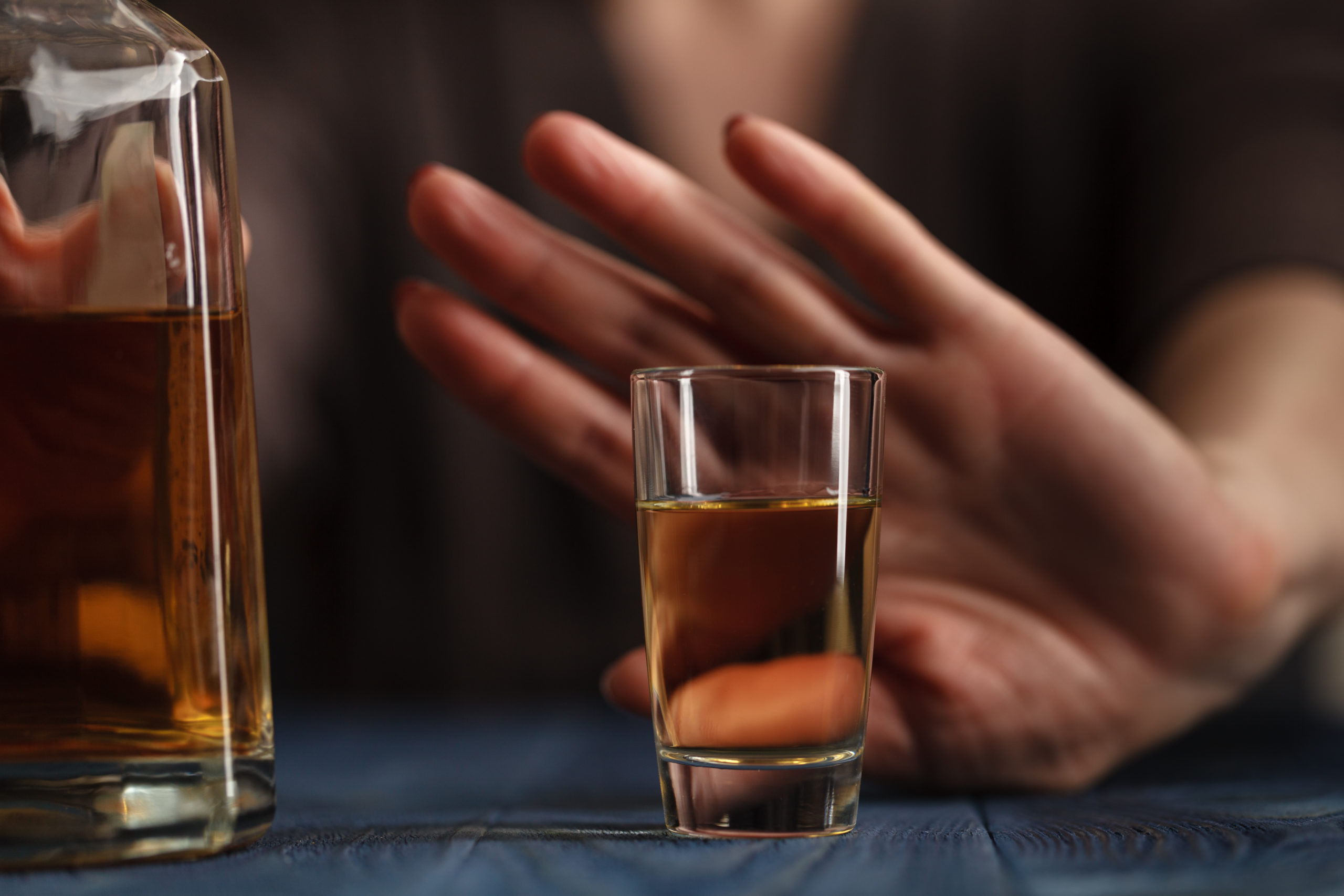It is common knowledge that “supply and demand” drives how modern businesses operate. And in recent months, that model appears to shifting away from wine and spirits. Bars now specialize in making more booze-free mocktails, non-alcoholic beer sales are on the rise and a newer stigma is emerging about the unhealthiness of liquor. The entire movement has even earned a name, specifically Sober Curious.
The term actually relates back to a popular new book written by journalist Ruby Warrington. Titled Sober Curious: The Blissful Sleep, Greater Focus, Limitless Presence, and Deep Connection Awaiting Us All on the Other Side of Alcohol, the hefty page turner works as a partial guide, partial memoir and partial sociological study on young America’s new resistance to alcohol.
The entire phenomenon received a lengthy feature on Vox.com. Writer Nicole Fallert broke down the essentials at the start of her piece.
“Think of sober curiosity as a ‘wellness’ approach to (not) drinking alcohol,” Fallert writes. “The idea isn’t a hard stop to drinking or a 12-step process to sobriety. It’s about recognizing drinking habits and acting on that understanding. As more people apply a wellness-oriented mindset to more parts of their lives, alcohol consumption is also changing — and businesses are reacting.”
On the business end of things, the site points out that major beer manufacturers (such as Heineken, Peroni and Guinness) have now released alcohol-free products. Per Vox, zero proof brews are now seeing sales numbers grow twice as fast as their traditional counterparts.
Other research points to other factors that contribute to sober curiosity. One, in particular, is pricing. Those who go to bars and order expensive cocktails are seeing higher and higher tabs creep up. Many people in the younger generations pay much closer attention to their pocketbooks and simply can’t justify spending $20 plus dollars for a vodka and soda.
Health, as mentioned above, is also a big part of the movement. People who choose to abstain find themselves to be more energetic and in much better physical shape. Peer pressure, as we all know, is another major factor that can lead to alcoholism. But as more and more young people become sober curious, the urge to “impress” or “fit in” at bars is lessening at a rapid pace.
Author Warrington summed up her feelings on the topic in a quote on Vox.
“Sober curiosity may be one of the most accessible paradigms to come from the wellness movement; it’s totally free to go to a bar, restaurant, or party and not drink anything,” she explained. “It’s also cost-effective to make the experience about you, not what other people are doing. The idea is checking in with yourself and finding where the desire to drink is, and then asking where that pressure comes from.”






